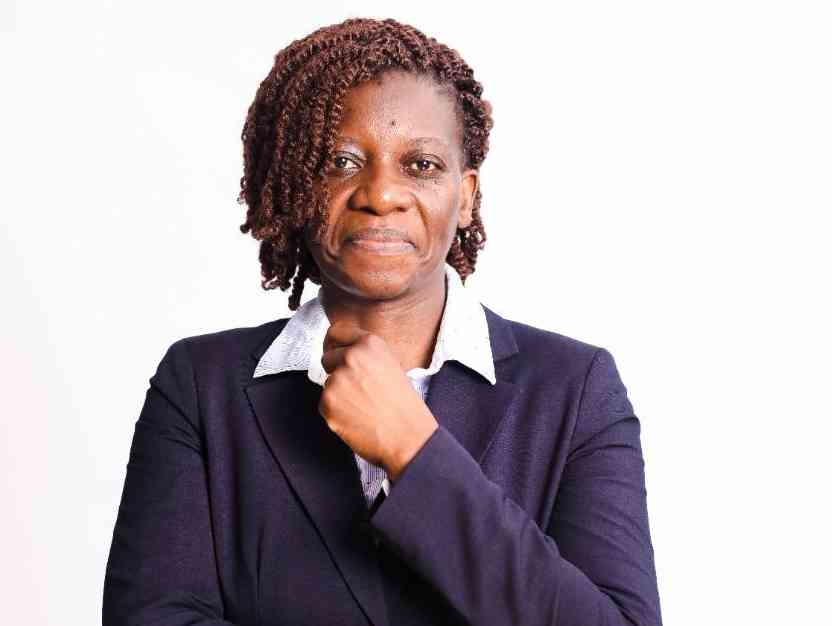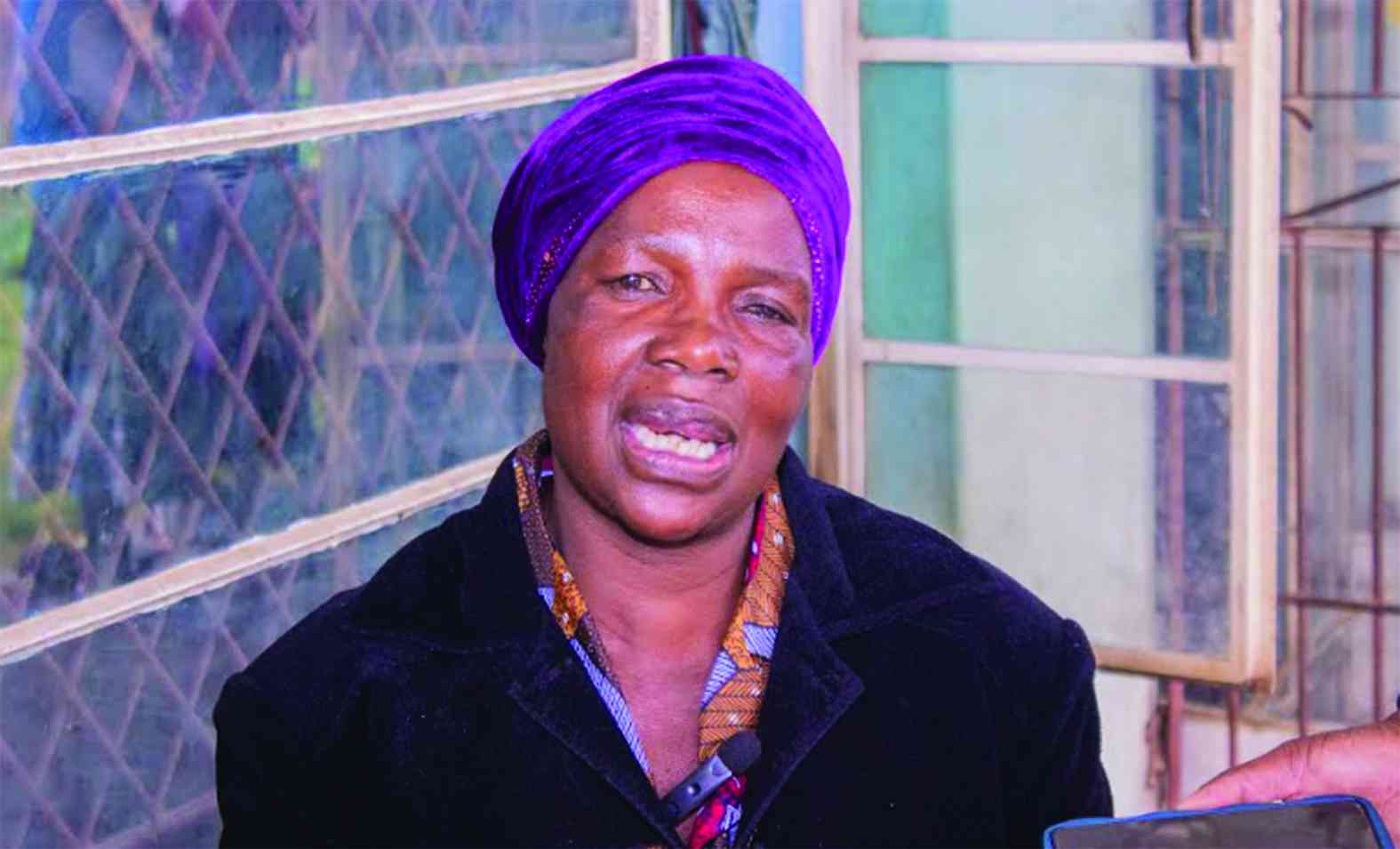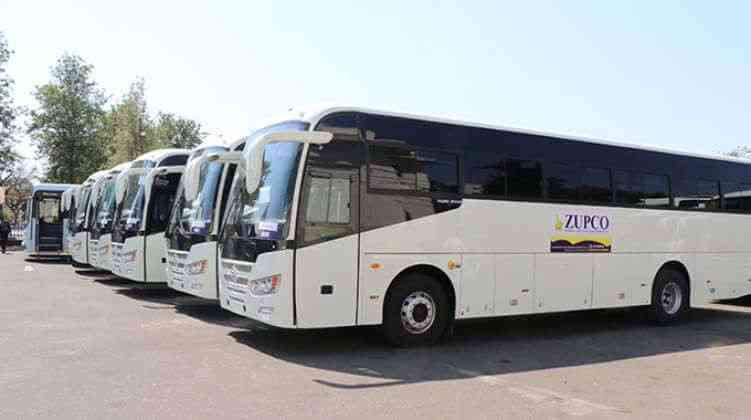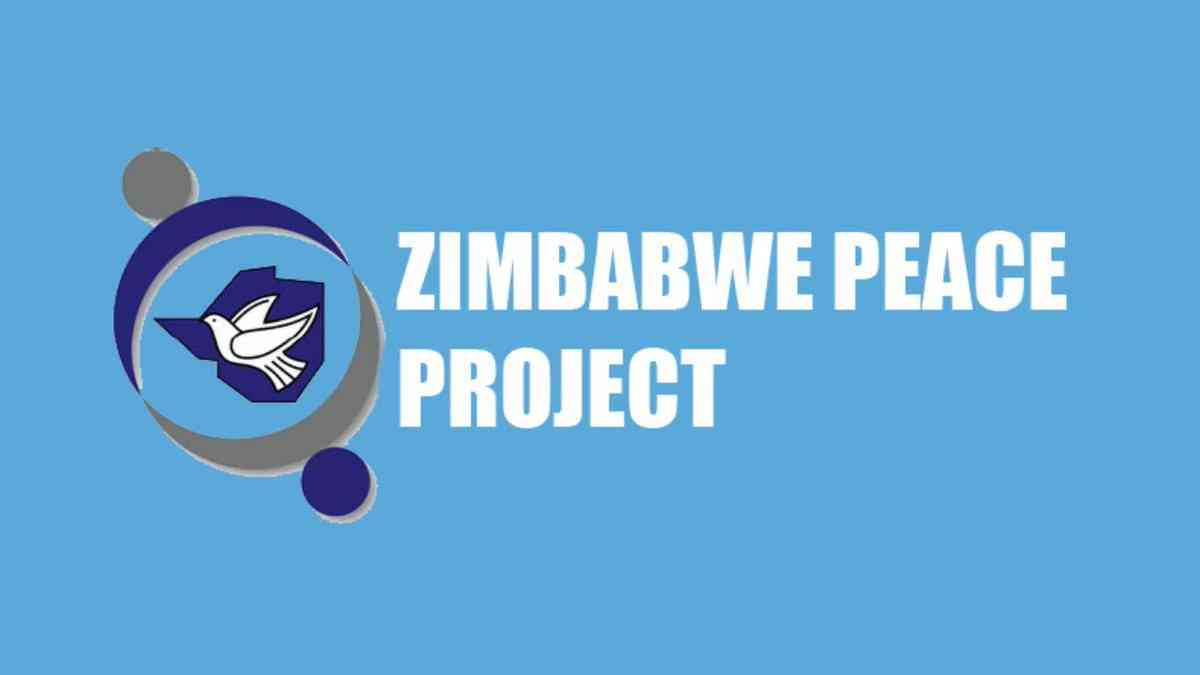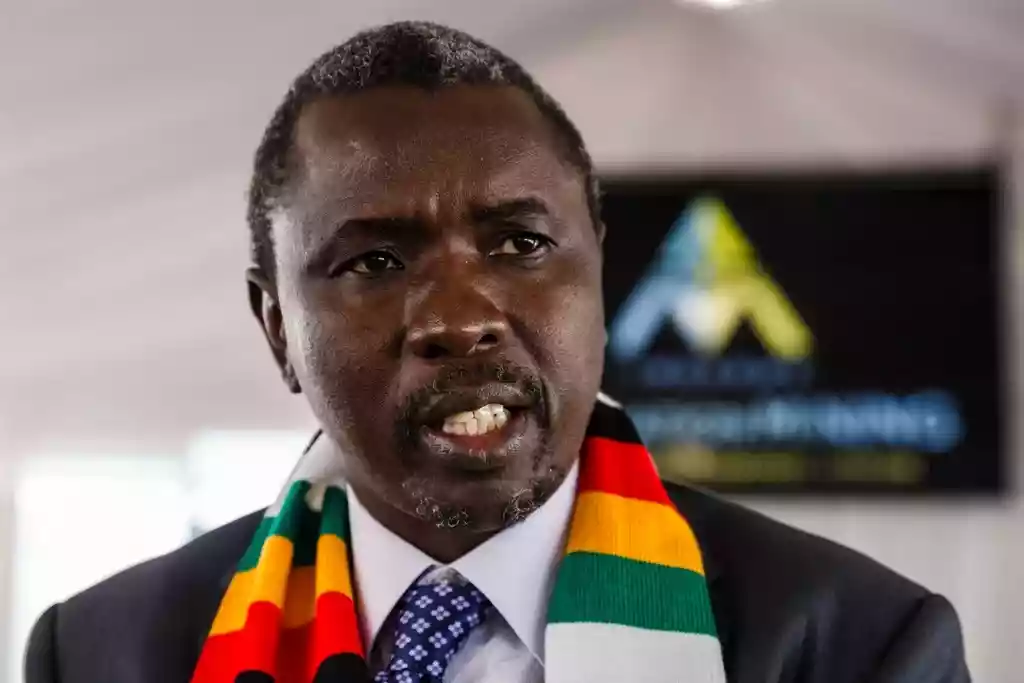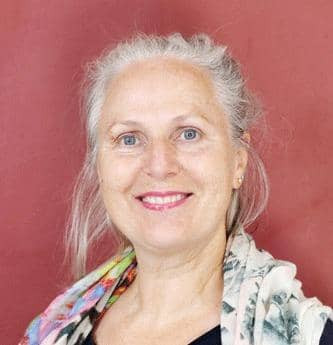
INGER-METTE Stenseth, co-founder of the World Climate School, has announced plans to launch a pioneering climate change school in Zimbabwe. The initiative aims to equip young people with the knowledge and skills to address the urgent challenges posed by climate change.
NewsDay reporter Sharon Buwerimwe (ND) caught up with Inger-Mette Stenseths (IMS) to share her vision for the school. Below are excerpts from the interview:
ND: Why have you chosen Zimbabwe as the location for the launch of the climate change school? What factors influenced this decision?
IMS: Climate change is a big topic, we have to look at it like everyday living. This is very important and we are saying that a circular economy is the way forward. The, way we address it, for example, I work and I am connected to one of the biggest football clubs in Europe, Barcelona, that is working with plastic. So we are getting an economy that will be taking away all plastic waste from all football matches, streets and as an economy that goes back to the community.
I am Norwegian and I am a co-founder of the World Climate School with a base in Norway, Malta. And my relationship with Zimbabwe goes back all the way to 1993.
So, from the University of Oslo, Norway, we had an exchange programme at the time with the University of Zimbabwe. So, I was studying media, democracy, local participation for empowerment and change. So, I was already in Chitungwiza in 1993, as a media student, doing my Master's at the University of Oslo, on media and technology. I was probably missing this house at that time, since I was a media student.
But it's a long personal story, the reason why I'm here in Zimbabwe. So, during the COVID, we started kicking off the World Climate School and we had online participation from all over the world and also from Zimbabwe.
So, first of all, I would like to say that I'm so happy that I'm here in Zimbabwe, hosting one of the Seven Wonders of the World, the Victoria Falls. I'm just coming back from Victoria Falls and in the big narrative of climate change, we talk about how the desert is taking over, how everything is getting hotter, how the water balance is out of balance, the water cycle is out of balance.
- Gweje relishes fashion achievements
- Russia-Ukraine war to cause Zimbabwe bread shortage
- Russia-Ukraine war and the Zimbabwe daily bread
- COP26 a washout? Don’t lose hope – here’s why
Keep Reading
I'm so happy and content, and it's like closing a circle, coming back home, to really see that we can do a setup of the World Climate School here in Zimbabwe, with Harare as the address. But we have multiple initiatives going on in Victoria Falls, in Lupane, Bulawayo, and of course, Harare and Chitungwiza and different initiatives. So, the approach is that we play with culture and the arts and sports to mobilise people's creative empowerment and to understand the very big and waste problems, challenges of climate change and the disruptive, crazy weather patterns.
Reference to Europe, we see that the heavy rainstorms that came in Spain, one year, water, rain, was actually exploding and splashing down for 24 hours in one region. In the United States, in the news today, there are heavy wildfires all over California. So, that's the reality of that complex issue of climate change. And for Zimbabwe, my concern is about wildlife and desertification and drought. So, how can we as humans really adapt?
And that is what I'm saying, let's come together. Everyone, how can we learn together? We start with children and youth, but of course, it's just as much the adults, the seniors, the leaders, the executive leadership of enterprises in Zimbabwe or at the political level or at the NGO level. Everybody has to come together in a multi-stakeholder approach.
ND: Can you tell us more about the location of the school? Is it based here in Harare, or are there plans for additional campuses in other parts of the country or region?
IMS: Zimbabwe is very personal to me.
So, it is that I have worked with business investment conferences for Zimbabwe in Oslo in the early 90s, in 1994, and also in Bulawayo Business Investment Forum, the tourism investment in the Nordic countries; I was organising these conferences in early 90s. And we had a company that my husband called African Heritage in Oslo. So, my daughter is half Zimbabwean and she's 26 years old.
It is also the reason why I am here now that I'm bringing her back home to see, to experience Zimbabwe and to see her cultural roots and her heritage and the African wildlife and life in general. So, I'm here on a very personal journey. It's a life journey.
However, I have been working in Kenya. So, I'm connected. I'm working with a network of 30 universities and colleges in eastern Africa, all the way down to Zimbabwe.
So, it's called the Eastern African Campuses and Colleges Green Network.
ND: Who will be eligible to attend the school? Are you targeting specific age groups, communities or educational backgrounds?
IMS: It is a youth initiative in more than 30 universities now. So, that is huge because I'm concerned about youth empowerment and innovation. I do not call it necessarily a green innovation because there's so much green washing.
I have already, two years back, started to initiate a climate empowerment week for young people in Zimbabwe and I put my eyes on Victoria Falls. In Europe, I'm working on Erasmus project funding and it's not only on a master level like university level. We're talking about non-formal education.
So, the non-formal education can be like a sporting club engaging in recycling of plastic. It can be a sporting club recycling clothes because I'm saying recycling is part of the big, big, big umbrella of climate change, we have a circular economy. In nature; there is nothing such as waste. It goes in a circle.
ND: Beyond Zimbabwe, has the World Climate School opened any other institutions in Africa or other continents? How do you plan to expand the reach of climate education globally?
IMS: Besides being the founder of the Zimbabwean Environment Climate Change Education Trust in Zimbabwe, I’m the founder of the World Climate School in Norway and in the United States. So, what we are doing right now is to establish ourselves in a process now towards 2025 where I am hoping to come, I will be coming back in March to organise a training course and be part of a conference on sustainability, climate change, business innovation, energy transition.
Towards 2026, we are trying to design a conference here in Zimbabwe in Victoria Falls for young people to empower young people for youth employment generation, like how can we really create jobs? How can we get funding behind our ideas? It has to be empowerment to a new transition.
So, my funder in Norway is working in Brazil, working towards empowerment to understand climate change.
ND: So going back to Zimbabwe, the Climate Change School, when is it going to be launched?
IMS: We are launching it between April and March 2025. We are preparing the ground all the way to 2026. I write applications for Erasmus.
I also craft projects like five European countries and five European African countries so that young people can work together online and collaborate. The World Climate School, we are doing online training to understand the complexity and we are connected to networks of 500 000 youths. It's called the Global Youth Coalition.
My hope is to launch the solution, even from Zimbabwe, on biodiversity, wildlife. We need to understand how we can tackle climate change.
Climate change can actually come from southern Africa, where we can feel the burden of taking care of the Big Five and all the wildlife and all the biodiversity that exists. So, it's a partnership with nature.

